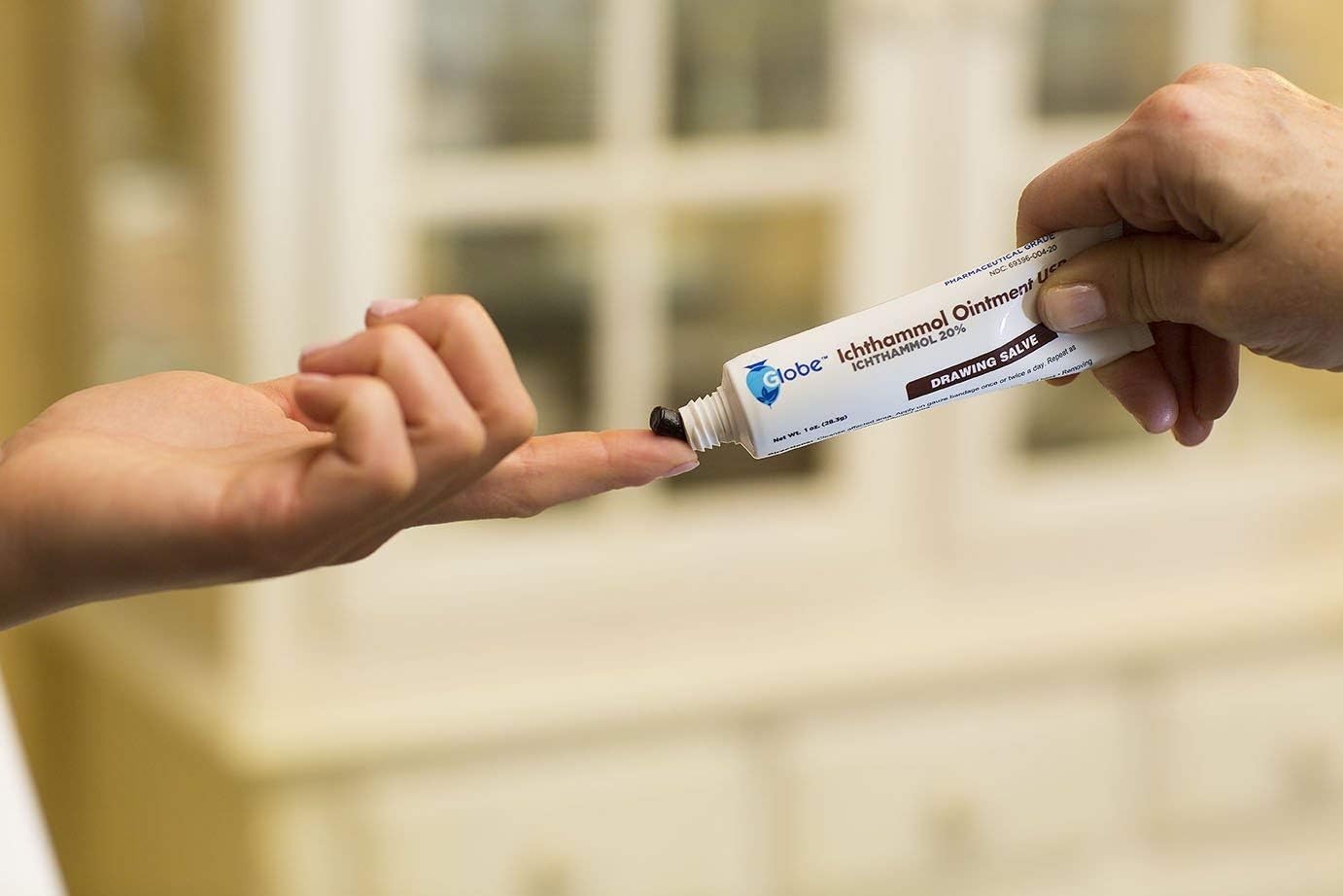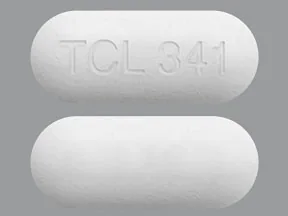When someone’s body encounters things like pollen or dust that make them have allergies, it creates a substance called histamine. Histamine helps the body deal with allergies that usually happen in the spring and fall when there’s a lot of pollen and dust in the air.
In spring, more than 60 million Americans have allergies because of these things. To help with these allergies, people use a medicine called antihistamine. Antihistamines come in different types, and most of them you can buy without a prescription. These medicines make allergy symptoms like sneezing, itching, and a runny nose go away.
Side Effects of Antihistamines
Antihistamines that you can buy without a prescription can have different side effects. Some of the not-so-common side effects are feeling sleepy, having a dry mouth, feeling dizzy, and finding it hard to focus. On the other hand, some of the more usual side effects of antihistamines include getting a headache, feeling tired, having dry eyes, and itching.
In rare cases, certain antihistamines might make people see things that aren’t real (hallucinations), believe things that aren’t true (delusions), or have trouble sleeping.
If someone takes antihistamines regularly, they might need to take more and more to get the same result, and this can lead to addiction. Antihistamines can be addictive because they work by blocking histamine receptors in the body.
Signs of Taking Too Much Antihistamine
When people use antihistamines regularly, it helps them feel better and do their daily activities. But if they suddenly stop taking antihistamines, they can feel unwell. This happens because their body got used to the medicine and now misses it, causing them to have withdrawal symptoms when they don’t have it anymore.
Common Signs of Taking Too Many Antihistamines:
- Breathing issues like trouble breathing, wheezing, and coughing.
- Feeling dizzy.
- Having a headache.
- Feeling very sleepy.
- Feeling like you might throw up (nausea) and actually throwing up (vomiting).
If someone takes antihistamines for a long time, they might develop an allergic reaction that causes these symptoms.
Usually, when someone takes too many antihistamines, the symptoms will go away by themselves once they stop taking the medicine. But sometimes, the symptoms can be worse, and they might need to see a doctor.
In those cases, the best thing to do is to lower the amount of medicine they’re taking as soon as possible and talk to a doctor. Drinking lots of water can also help reduce the bad effects of stopping antihistamines.
Another way to help the person is to stop giving them the medicine and follow a plan to slowly reduce their use of antihistamines. A doctor should watch over this process closely because sometimes people start using the medicine again after they stop.
To fix the overdose problem, the person should gradually stop using the medicine over a few weeks while getting treatments to help them detox from antihistamines. This will help them stop using the medicine and reduce the chance of going back to it.
Who Might Misuse Antihistamines
Some people who misuse drugs like alcohol and cigarettes are more likely to misuse antihistamines too. There are certain groups of people who have a higher chance of misusing these drugs:
- People who act impulsively without thinking.
- People who have a family history of addiction.
- People who have friends or family members who also misuse drugs.
- Those whose brains show signs of getting addicted to calming medicines.
- Individuals who have experienced physical, mental, or sexual abuse.
- People who often show aggressive behavior, especially when they are young.
- Kids who don’t have adults watching over them.
- People who live in poverty.
Even though anyone can misuse antihistamines, those who misuse other substances are more likely to use these allergy medicines to get high. Since these medicines are easy to find, even people who don’t fit into the groups mentioned above can become addicted.
Timeline for Antihistamine Withdrawal
When people get hooked on antihistamines and then stop taking them, they go through a period of feeling unwell. How bad it is and how long it lasts can be different for each person.
The antihistamines that are most often misused include Benadryl, Zyrtec, and Allegra. How long it takes to go through withdrawal depends on which of these drugs you’re talking about. Usually, the signs of withdrawal start showing up 2 to 4 days after the last time someone took the drug. They get the worst around days 3 to 5, and they can last for 1 to 7 days.
When to Stop Using Antihistamines
A lot of people wonder when it’s okay to stop taking antihistamine medicine. Well, it depends on which antihistamine you’re using. Some, like Benadryl and Zyrtec, are safe for long-term use. If your doctor tells you to take them, you can keep using them as directed.
There isn’t a fixed time for when you should quit antihistamines, but if you think you might be addicted to them, it’s best to talk to a doctor or a specialist who knows about drug issues. How tough and how long it is to stop using antihistamines will depend on the specific kind you’re taking.
Dealing with Antihistamine Withdrawal
It’s essential to understand that the signs of coming off antihistamines are a lot like what happens when people try to stop using strong painkillers (like opioids). Both situations involve using these medicines for a long time, and quitting can be tough because the body gets used to them. Using antihistamines for a while can lead to these withdrawal signs.
If someone feels these signs when they stop taking antihistamines, they should talk to their doctor to make sure there’s no other medical issue causing it. The doctor will help find out what’s going on.
Read More: Antihistamine Withdrawal: Are You Addicted to Your Allergy Medication?- Do Shrooms Go Bad Over Time?
- Understanding EtOH: The Dangers of Ethanol Alcohol Abuse
- Mushrooms That Look Like a Penis
- Melmac Mushrooms
- How to Dry Mushrooms
- How to Pass a Hair Follicle Drug Test: A Comprehensive Guide
- Embalming Fluid Smoking
- Meth Face Sores & Scabs: A Comprehensive Guide
- Concerta Drug Test Detection: Everything You Need to Know (2023)
- Wet Finger Method for Effexor Withdrawal: Does it Work?















